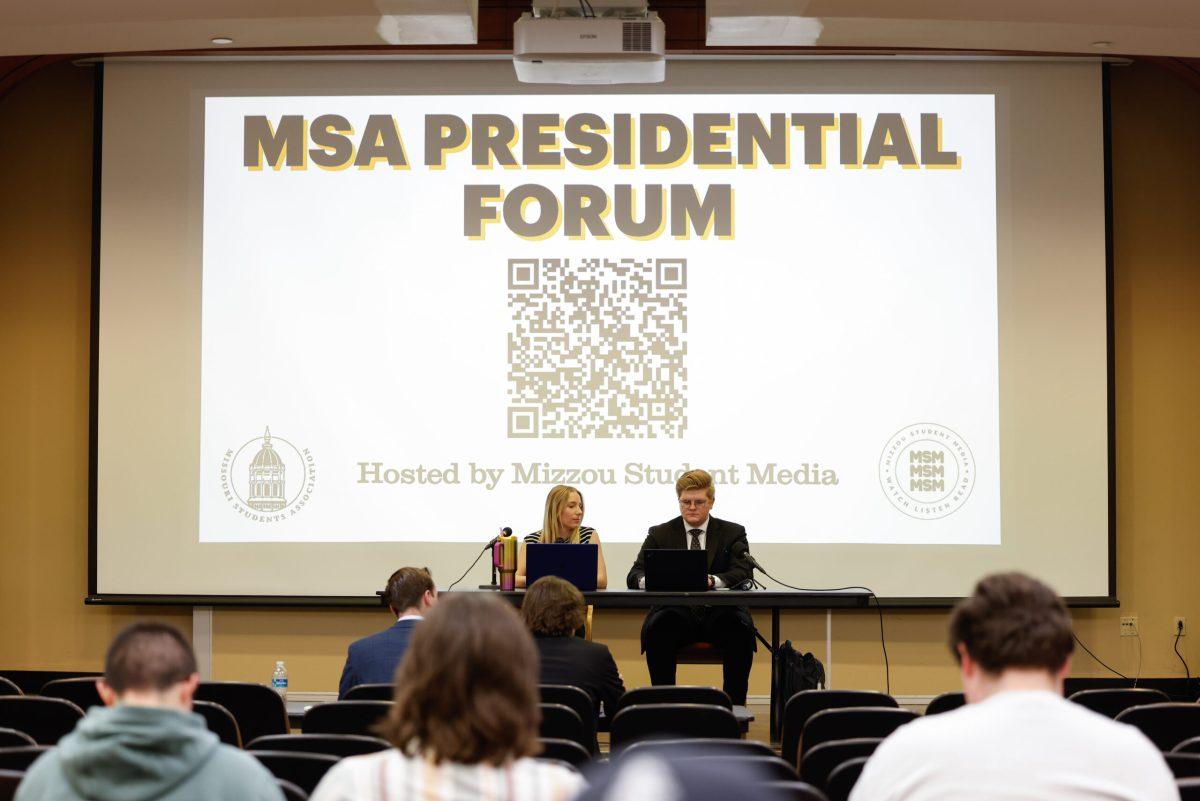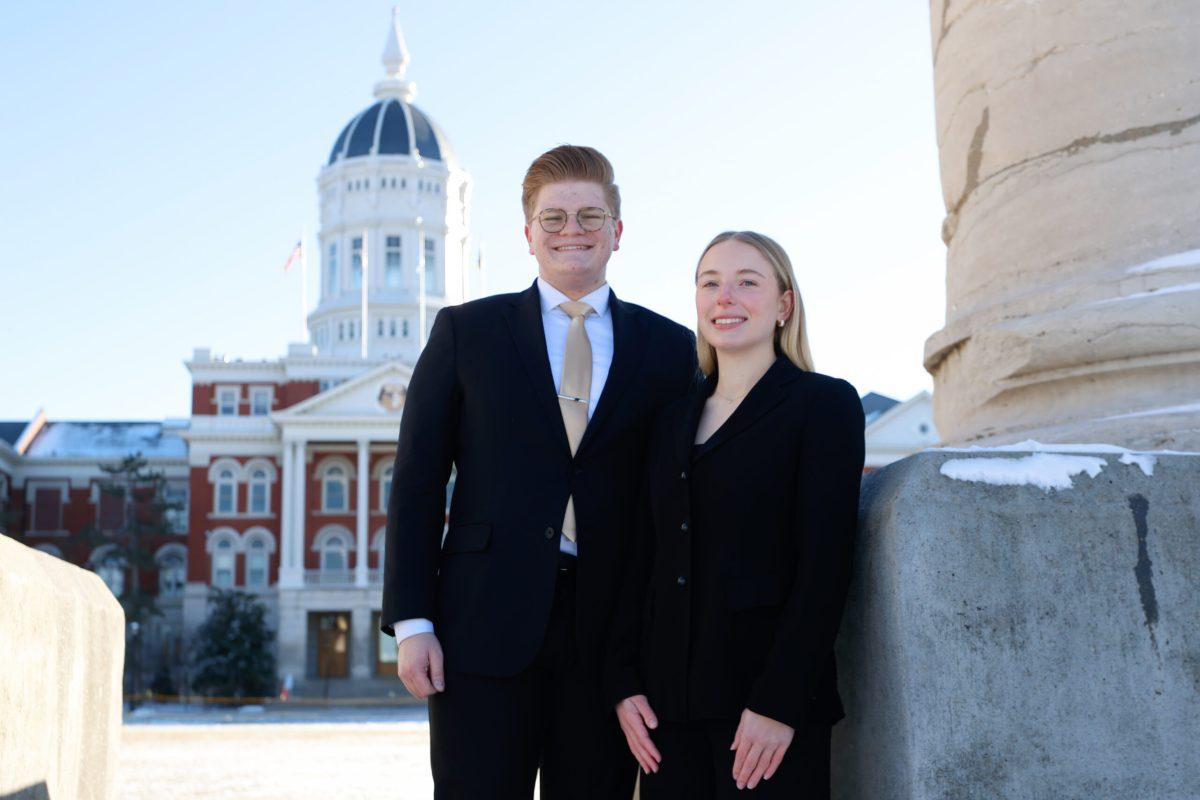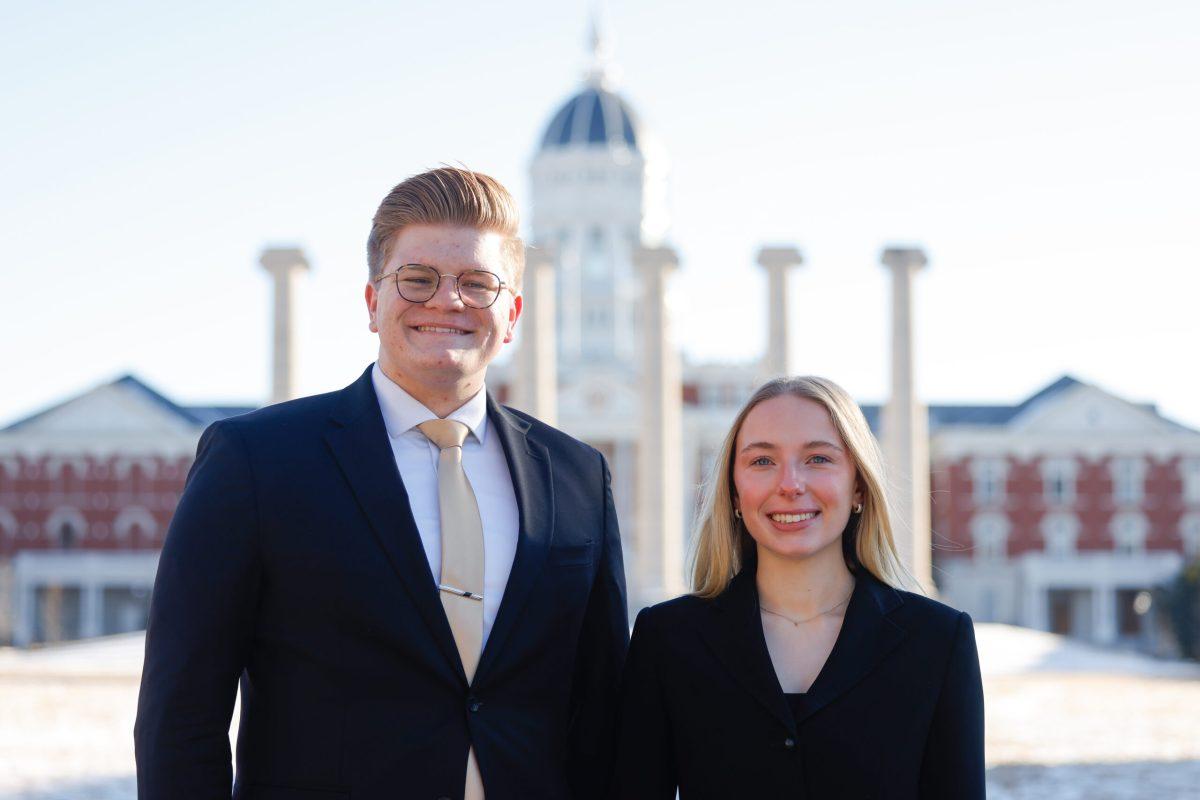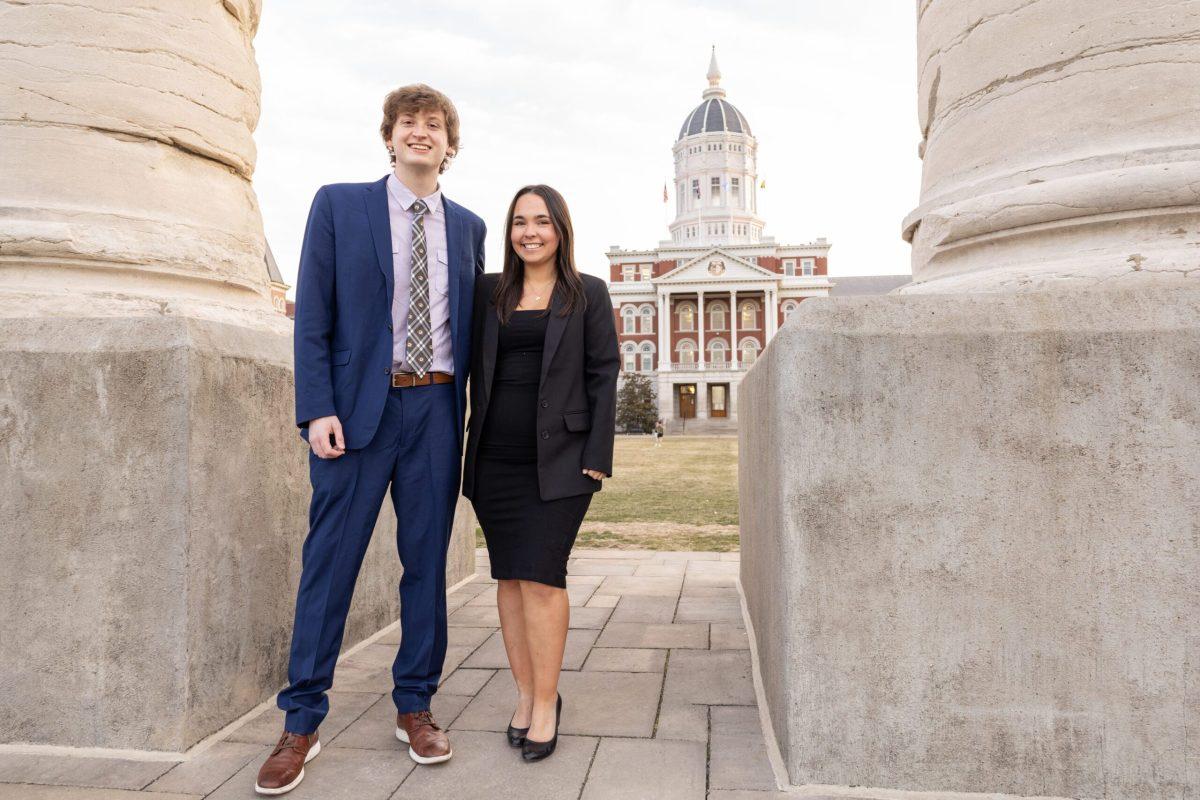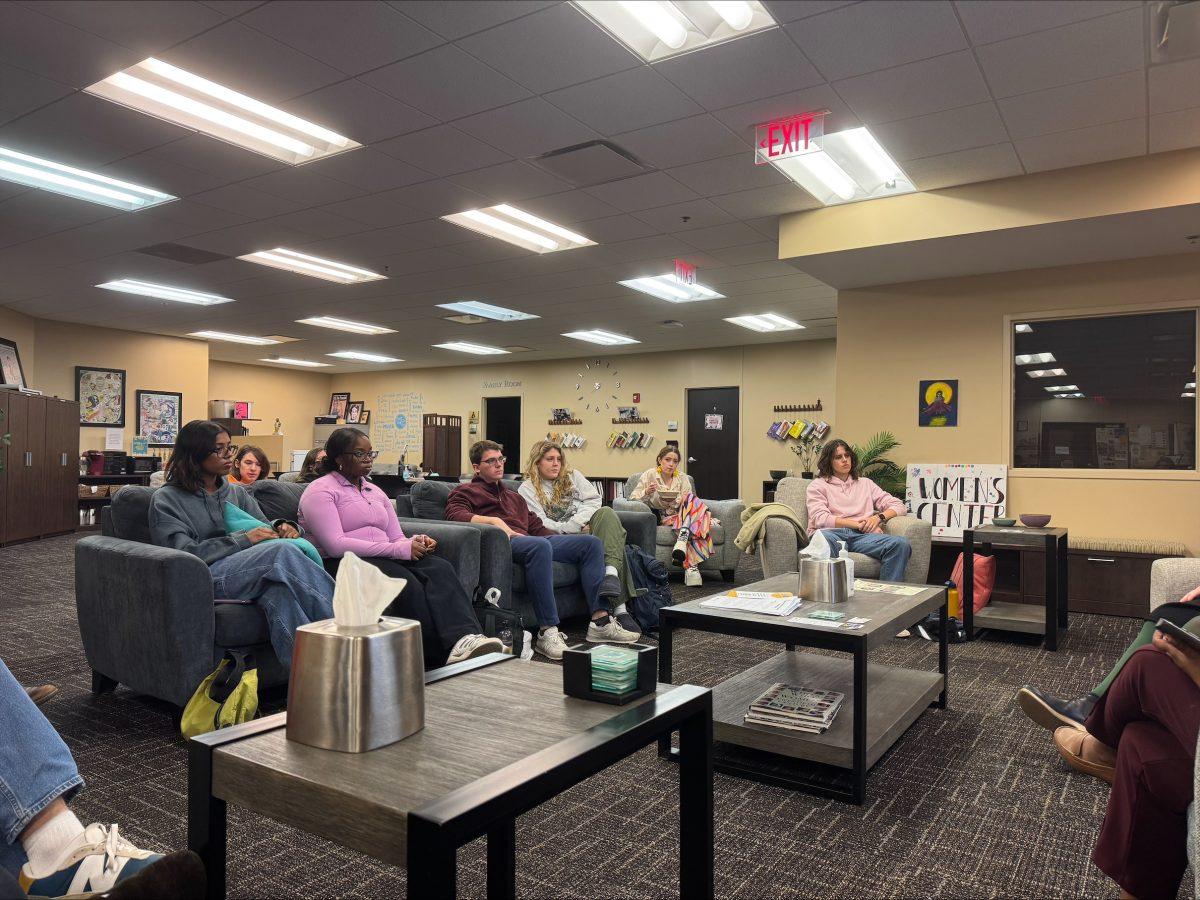The Cambio Center hosted a forum discussion on Hispanic and Latinx identity on Oct. 24. The event was open to all MU students, where they could receive citizenship credit for attending.
The Cambio Center is an organization at MU that specializes in conducting, supporting and informing MU about research regarding Latinx communities. Cambio Center coordinator, Verónica Pérez-Picasso, said the event provided a space for open discussion surrounding Latinx identity struggles, specifically in the Midwest.
“Especially because of the political climate, it’s important to highlight issues that the Latinx community is facing,” Pérez-Picasso said. “There are times they feel nothing is being done, but the advantage of having these conversations is that they learn they are not the only ones. Many people are struggling and going through the same things.”
MU Professors Irma Arteaga and Gustavo Carlo spoke at the forum on their experience as Latinx faculty in the Midwest. They also spoke on their research regarding Latinx identity and how their personal experiences have affected them at MU and in their careers in general.
Arteaga said open discussions prioritize minority experiences and are a necessity for people belonging to these groups to cope with their struggles in academic settings.
“People with specific identities might not feel part of something,” Arteaga said. “At the end of the day, it’s about how people feel and how they identify. I think we were able to talk in a way that people felt was a safe environment to talk about different issues.”
Arteaga and Carlo were joined by MU grad student Xiomara Cornejo and MU undergrad student Nathan Cordero who spoke on their experiences with Latinx identity at MU. Cornejo and Cordero both emphasized the culture shock in coming to a predominantly white university in mid-Missouri in contrast with the communities from which they came.
Carlo said holding a discussion with Latinx student representation is important in creating a welcoming environment for students of all identities. He also said it’s important for issues of diversity and inclusion to be addressed consistently, and the responsibility to promote inclusion is on everyone.
“We all need to learn and understand that the responsibility should be on everyone,” Carlo said. “It’s not just on the individual, although it affects individuals. Issues really need to be addressed at multiple levels in our community.”
He discussed the importance of connection between students to cope with their struggles. He said the campus community will improve for everyone when minority students’ needs are accounted for. He believes universities especially hold a responsibility to promote values of inclusion.
“If we can understand each other, that can result in a more harmonious, integrated community,” Carlo said. “At universities, that’s so important. There’s enough division in our societies and our communities. I feel that universities have an incredible responsibility to not only be institutions of higher learning in the academic sense but also be an institution of higher learning on how we can get along better with each other despite our apparent differences.”
_Edited by Ben Scott | [email protected]_








